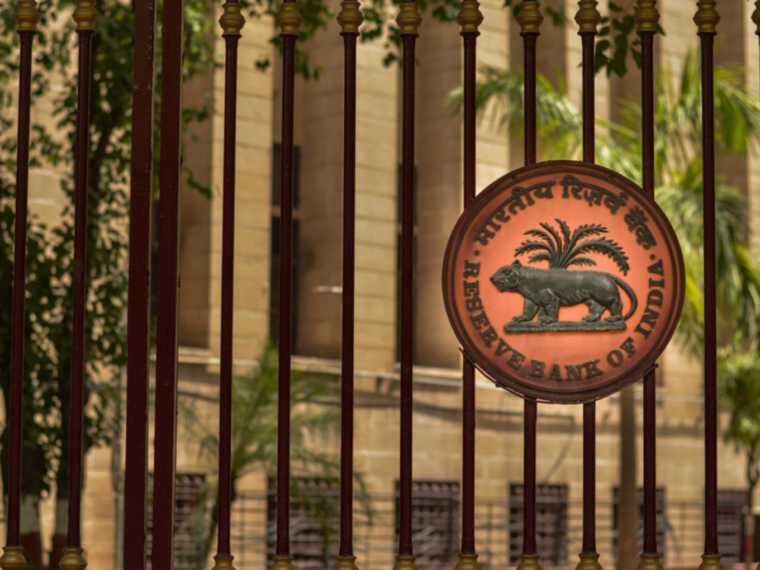SUMMARY
The RBI is contemplating establishing the Digital India Trust Agency (DIGITA) to issue ‘verified’ signatures for authorised entities
Lending apps without ‘verified’ signature would be deemed unauthorised and would attract stern action from authorities
The move follows a series of deaths by suicide linked to predatory practices employed by digital lenders
The Reserve Bank of India (RBI) is mulling establishing a public register of whitelisted lending apps to curb the menace of illegal lending apps in the country.
As part of this, the central bank is looking to create an agency, called the Digital India Trust Agency (DIGITA), to ensure that the homegrown lending ecosystem is being managed and run by credible players.
According to a PTI report, lending apps without ‘verified’ signature from DIGITA would be deemed unauthorised and would attract stern action from authorities.
The move follows a series of deaths by suicides linked to predatory practices employed by digital lenders. Many of these platforms allegedly trap gullible users into borrowing and charg exorbitant interest rates.
Subsequently, they employ predatory recovery tactics, pushing many to take drastic measures.
Cognisant of the threats posed by these non-regulated entities, the RBI has undertaken a slew of steps to rein in these online lending platforms. In 2022, the central government and the bank directed tech giant Google to implement stricter norms to check the spread of such platforms.
At that time, officials flagged multiple distribution channels such as websites and other means of downloads and directed the tech giant to clamp down on these avenues.
Subsequently, Google removed 2,500 fraudulent lending apps from its Play Store in December 2023.
Around the same time, the Reserve Bank of India (RBI) shared a ‘whitelist’ of legal online lending apps with the Ministry of Electronics and Information Technology (MeitY). Many of these apps were subsequently banned in a major crackdown last year.
The issue also found its mention during the 28th Financial Stability and Development Council in February this year where finance minister Nirmala Sitharaman and key government officials discussed the issue of unauthorised lending through online apps.
Despite the government’s push to curb such platforms, their prominence has only grown in recent times. For instance, the Controller General of Defence Accounts (CGDA) recently blew the whistle on two digital lending apps, CASHe and Toop, citing potential security risks in January.
Notwithstanding this, the Indian lendingtech market continues to grow and is projected to become a $1.3 Tn market opportunity by 2030 fueled by growing internet and smartphone penetration.
Disclaimer
We strive to uphold the highest ethical standards in all of our reporting and coverage. We StartupNews.fyi want to be transparent with our readers about any potential conflicts of interest that may arise in our work. It’s possible that some of the investors we feature may have connections to other businesses, including competitors or companies we write about. However, we want to assure our readers that this will not have any impact on the integrity or impartiality of our reporting. We are committed to delivering accurate, unbiased news and information to our audience, and we will continue to uphold our ethics and principles in all of our work. Thank you for your trust and support.



![[CITYPNG.COM]White Google Play PlayStore Logo – 1500×1500](https://startupnews.fyi/wp-content/uploads/2025/08/CITYPNG.COMWhite-Google-Play-PlayStore-Logo-1500x1500-1-630x630.png)